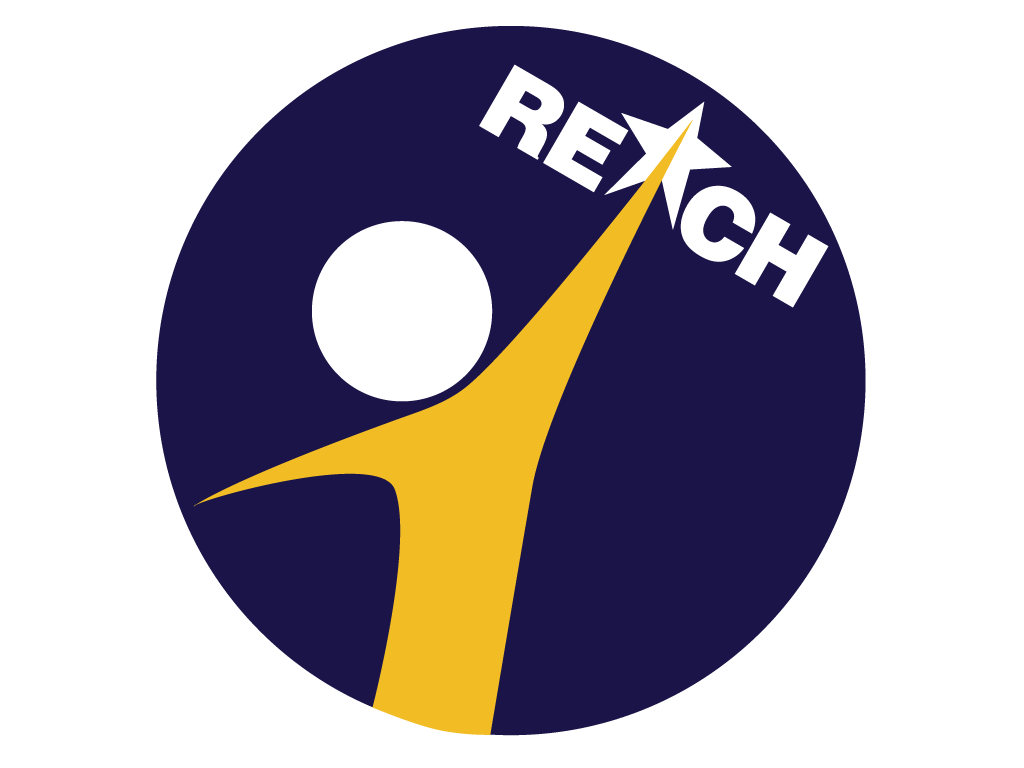15 May The World Pushes Back Against E-Cigarettes and Juul
Howard A. Willard, ex-chairman of Altria, had very big plans for Juul. In January of 2019, after increasing public backlash against Juul, of which Altria had a 35 percent stake in, Willard told executives his plans for the company: “I believe that in five years, 50 percent of Juul’s revenue will be international.” Seemingly following in big tobacco’s footsteps, Juul attempted to move to new markets overseas following public pressure in the United States. This global takeover was entirely unsuccessful, with countries worldwide enacting bans and restrictions, and overall anti-vaping sentiments. China removed Juul from the market after just four days, and plans for India have been abandoned entirely after the country banned all e-cigarettes. Similarly, Thailand, Singapore, Cambodia, and Laos have closed their markets to e-cigarettes. South Korea’s government issued “dire health warnings” concerning e-cigarettes, leading the vaping giant to scale back distribution there and vaping rates to plummet. “It has been an extraordinarily quick backlash,” said Kathleen Hoke, director of the Network for Public Health Law at the University of Maryland. “Countries that you wouldn’t necessarily describe as progressive public health nations are attacking this new product so that it doesn’t become embedded in their culture as cigarettes have.”
Public health officials overseas fear for their youth and a potential vaping epidemic, considering that the company continues to sell their fruit-and dessert-flavored pods outside of the United States. These fruity and enticing flavors have been one of the main factors to blame for the widespread e-cigarette use among American teenagers. Backlash abroad has also been tied to Juul’s marketing advertisements, with critics claiming it has been targeting youth and non-smokers. “We have enough problems with cigarettes and now we have 9-year-olds vaping because they think it’s fun,” said Dr. Ylysses Dorotheo, executive director of the Southeast Asia Tobacco Control Alliance. “More than half our population is under 30. The last thing we need is for young people to get hooked on vaping.”
With worldwide anti-vaping sentiment growing exponentially, it seems the vaping giant Juul has nowhere to run.













